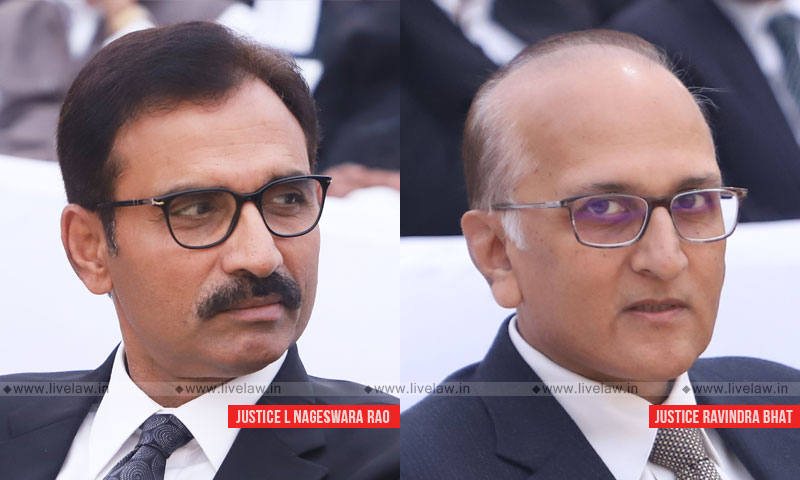Free Speech Of Citizens Cannot Be Stifled By Implicating Them In Criminal Cases: Supreme Court
LIVELAW NEWS NETWORK
25 March 2021 6:59 PM IST

Next Story
25 March 2021 6:59 PM IST
Free speech of the citizens of this country cannot be stifled by implicating them in criminal cases, unless such speech has the tendency to affect public order, the Supreme Court remarked while quashing FIR registered against Shillong Times Editor Patricia Mukhim over a Facebook post on violence against non-tribal people in Meghalaya.The bench comprising Justices L. Nageswara and S. Ravindra...
